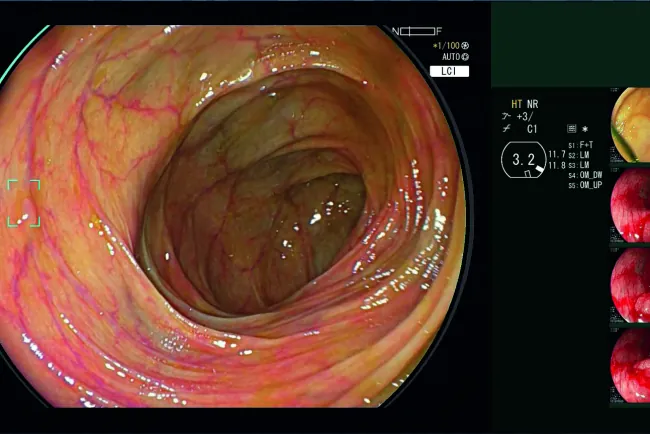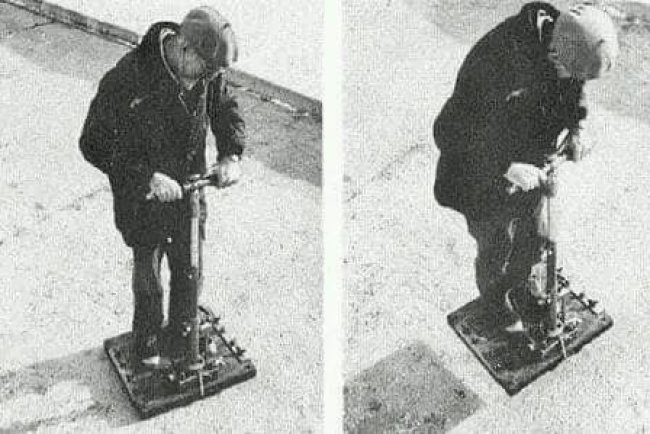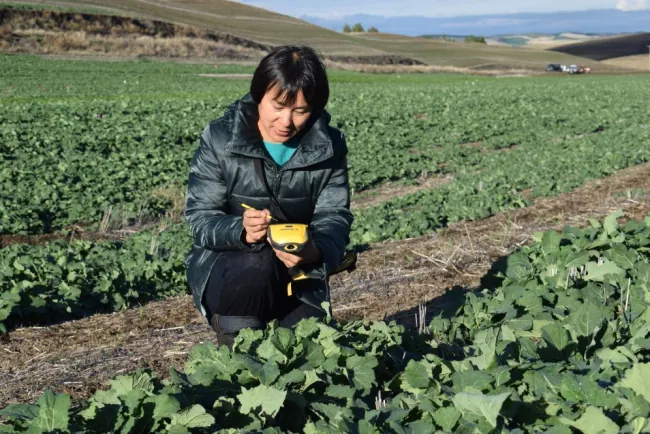I, Robot director Alex Proyas accuses Elon Musk of plagiarizing Tesla's Optimus robots, igniting debate online.
I, Robot director Alex Proyas accuses Elon Musk of copying Tesla’s robot designs from his film
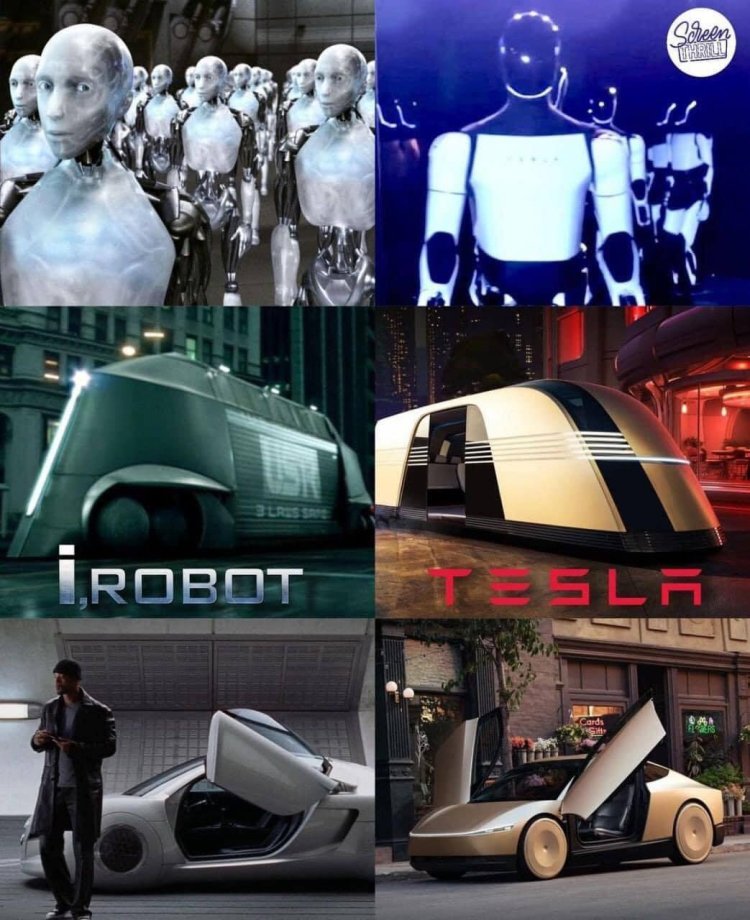
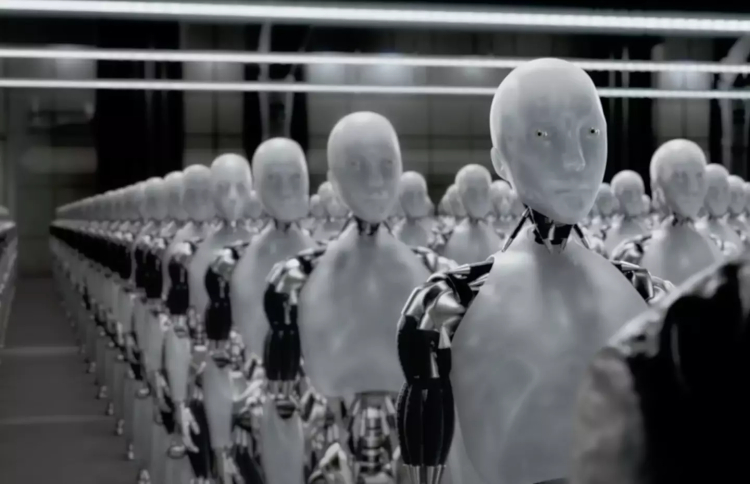
- The "We, Robot" Event: An Overview
- Tesla's Optimus Robots: What Are They?
- Similarities Between Tesla's Robots and I, Robot
- Alex Proyas Slams Elon Musk for Plagiarism
- The Social Media Backlash: Users Weigh In
- Elon Musk's Response and Defense
- The Broader Debate: Innovation or Inspiration?
- Conclusion
- FAQs
The "We, Robot" Event: An Overview
Elon Musk's "We, Robot" event showcased Tesla's ambitious plans for the future of autonomous technology. Held at the Warner Bros. studio in California, the event introduced two major products: the Cybercab and Robovan, along with Tesla's new humanoid robots, dubbed Optimus. Musk promised that these robots would revolutionize various aspects of life, from performing household chores to providing companionship.
These announcements were met with enthusiasm, but it didn't take long for keen observers to draw parallels between the Tesla robots and the robotic designs from I, Robot, a film set in 2035 that explores a world dominated by humanoid machines.
Tesla's Optimus Robots: What Are They?
The Optimus robots are a part of Tesla's vision to integrate AI-powered machines into everyday life. Musk described the robots as highly versatile, able to perform tasks such as walking pets, serving drinks, babysitting, and even acting as personal assistants. He compared them to iconic pop culture robots like R2-D2 and C-3PO, emphasizing their potential to become personal companions.
Priced between $20,000 and $30,000, Tesla's Optimus robots are marketed as affordable for the average consumer, positioning them as the next big step in personal robotics.
Similarities Between Tesla's Robots and I, Robot
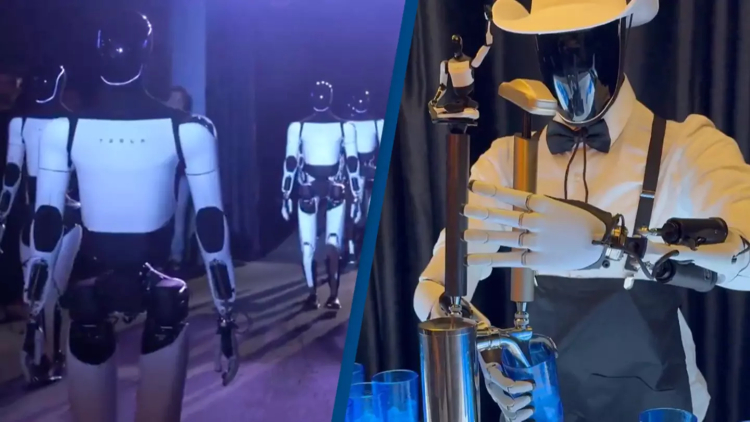
Fans and critics alike were quick to point out the visual similarities between Tesla's Optimus robots and the robots featured in I, Robot. Both designs feature sleek, humanoid forms with smooth metallic exteriors and glowing, digitized facial features. Additionally, Tesla’s public transport systems, such as the Robovan, have drawn comparisons to the film’s robotic transport vehicles.
Side-by-side comparisons circulated across social media, with users highlighting near-identical aspects of the robots, sparking discussions about whether Tesla had borrowed too heavily from the movie's aesthetics.
Alex Proyas Slams Elon Musk for Plagiarism
Director Alex Proyas took to Twitter to voice his displeasure, tweeting: "Hey Elon, Can I have my designs back please?" alongside an image comparing the Optimus robots to those from I, Robot. The post quickly gained traction, with users rallying behind the director’s claim.
Proyas' accusation directly targets the perceived lack of originality in Tesla's designs. Given that I, Robot set the standard for cinematic representations of humanoid robots, the similarities are hard to ignore. Many have since speculated that the film’s portrayal of a future dominated by AI might have served as a blueprint for Musk’s real-world creations.
The Social Media Backlash: Users Weigh In
The accusations quickly became a topic of heated debate on social media. One user on Reddit commented, "This was my immediate thought when the van rolled out. It looked just like the robot transport that attacked Will Smith in the tunnel." On Twitter, another person remarked, "The first thing I noticed about the Tesla event was the absolute lack of imagination to create anything that wasn’t directly out of a sci-fi movie."
However, not everyone agreed with Proyas' stance. Some users defended Musk, arguing that futuristic robot designs are bound to resemble each other due to the inherent limitations in how humanoid robots can be realistically constructed. "Imagine thinking you invented the wheel because you once drew a circle," one person tweeted, suggesting that Proyas' claims were an overreach.
Elon Musk's Response and Defense
Musk has yet to directly address Proyas' accusations, but his comments during the event suggest a different perspective on the designs. Musk described the Optimus robots as being inspired by classic science fiction and pop culture references, drawing parallels to characters like C-3PO from Star Wars. He emphasized that Tesla’s goal is to create robots that blend seamlessly into everyday life, rather than to reinvent the wheel.
It’s clear that Musk views his creations as a natural evolution of existing concepts rather than direct copies. Whether this explanation satisfies Proyas and his supporters, however, remains to be seen.
The Broader Debate: Innovation or Inspiration?
The controversy between Proyas and Musk raises a broader question about where the line between inspiration and imitation lies in the world of innovation. Technology often borrows from science fiction as it imagines the future, but when do these influences cross into plagiarism?
Musk's products often echo elements from popular sci-fi media, but this is not uncommon in tech. Many argue that I, Robot and other futuristic films were themselves drawing from earlier conceptions of robotics. This cycle of influence begs the question: can any design truly be considered "original" when it comes to futuristic robots?
Conclusion
As the debate rages on, one thing is clear: Tesla’s Optimus robots have captured public attention, but not always for the right reasons. Alex Proyas’ accusation has stirred a lively discussion on social media about creativity, originality, and the ethics of borrowing from science fiction in real-world innovations. Whether Musk will respond directly to the claims remains to be seen, but this controversy highlights the fine line innovators walk between inspiration and imitation.
FAQs
Q: What are Tesla's Optimus robots?
A: Tesla's Optimus robots are AI-powered humanoid robots designed to assist with household tasks, ranging from pet care to acting as personal companions.
Q: Why did Alex Proyas accuse Elon Musk of plagiarism?
A: Proyas, the director of I, Robot, accused Musk of copying the designs for Tesla's Optimus robots and Robovans from the robots in his 2004 film.
Q: How much will Tesla’s Optimus robots cost?
A: The Optimus robots are expected to be priced between $20,000 and $30,000.
Q: When will Tesla’s Optimus robots be available?
A: While no specific release date has been confirmed, Elon Musk suggested that production could begin by 2027.
For more information on Tesla's innovations, check out our Technology section and stay updated with the latest developments in robotics here.
What's Your Reaction?







